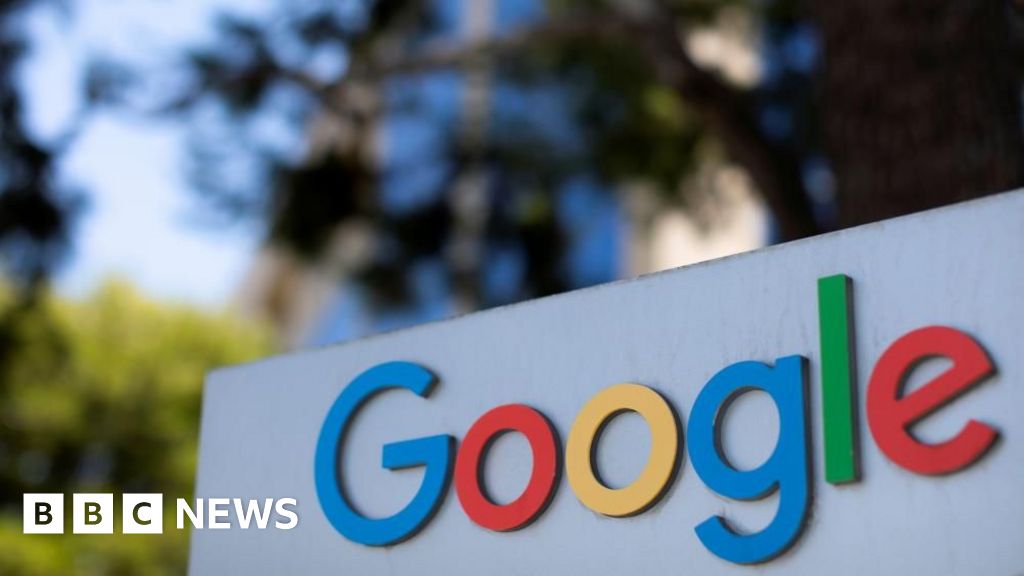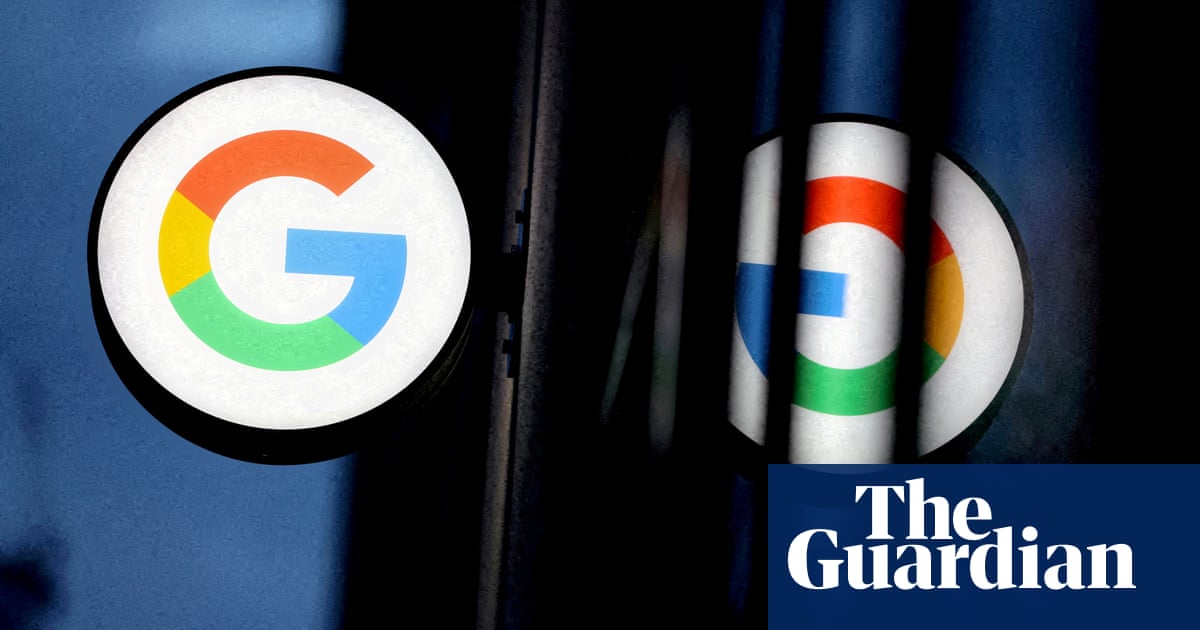DOJ Proposes Google Divestiture of Chrome Browser to Restore Competition
The U.S. DOJ has proposed forcing Google to sell its Chrome browser due to monopoly concerns; implications for tech industry and market competition are significant.

Google could be forced to sell Chrome. Here's what you need to know
Los Angeles Times

DOJ takes aim at Chrome
The Hill

DOJ asks judge to force Google to sell off its Chrome web browser
Straight Arrow News
Overview
In response to a ruling on Google's monopolistic practices, the U.S. Department of Justice is pushing for the forced sale of the Chrome browser to restore competition in online search. This proposal follows a judge's decision that found Google maintains illegal market dominance. The DOJ seeks to prevent exclusive distribution agreements and restrict Google's ability to favor its products. Google has denounced the measures as overreaching and harmful to consumers. Court hearings on potential remedies are scheduled for April 2025, with a decision expected by August 2025.
Content generated by AI—learn more or report issue.

Get both sides in 5 minutes with our daily newsletter.
Analysis
- The DOJ is proposing that a federal judge break up Google to restore competition in the online search market, with a focus on its Chrome web browser as a major point of contention.
- Google is accused of maintaining an illegal monopoly over internet search, with the DOJ suggesting significant remedies, including restrictions on its Android operating system to prevent favoritism towards Google products.
- The DOJ's plan seeks to enhance consumer choice and competition by proposing a 'choice screen' on Google browsers, allowing users to select their preferred search engines.
Analysis unavailable for this viewpoint.
- The Justice Department's push for Google to divest from Chrome is seen as necessary for compliance with antitrust laws, implying that monopolistic practices must be curtailed.
- Critics, including Google officials, argue that the DOJ's proposals constitute an unprecedented overreach, threatening the functionality of services that users rely on daily.
- The situation is reminiscent of past antitrust actions against major corporations, such as the AT&T breakup, suggesting a larger pattern of government intervention in Big Tech's operations.
Articles (26)
Center (17)
No highlight available for this article.

No highlight available for this article.

No highlight available for this article.
No highlight available for this article.
No highlight available for this article.

No highlight available for this article.

No highlight available for this article.

No highlight available for this article.

No highlight available for this article.

No highlight available for this article.

No highlight available for this article.
No highlight available for this article.

No highlight available for this article.

No highlight available for this article.

No highlight available for this article.
No highlight available for this article.
No highlight available for this article.

History
- 7M
 2 articles
2 articles
- 7M

 4 articles
4 articles
- 7M

 4 articles
4 articles
- 7M

 6 articles
6 articles







